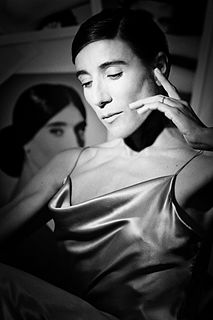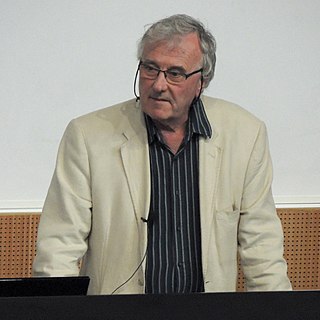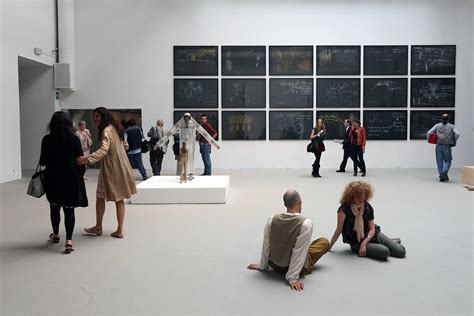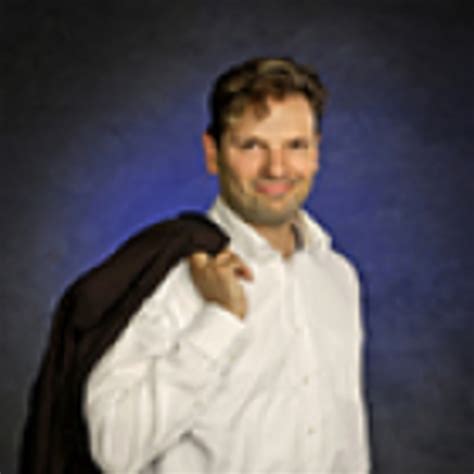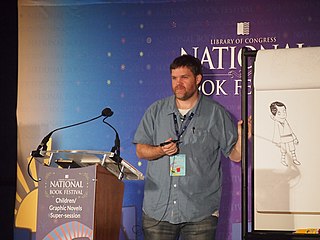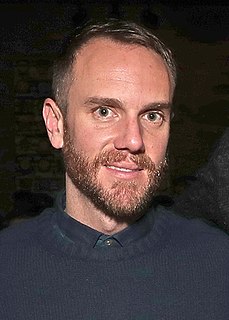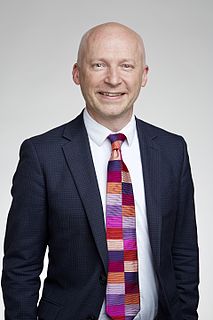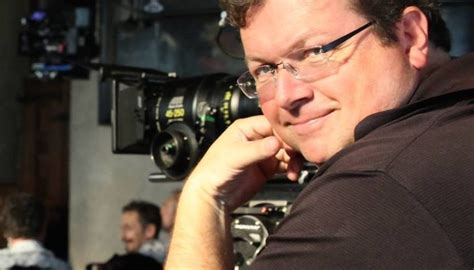A Quote by Kiki Smith
I think that objects have memories. I’m always thinking that I’ll go to the museum and see something and have a big memory about some other lifetime.
Related Quotes
I am always looking for inspiration. I always live in big cities where I can go every day to a museum, see a lecture, meet people that are artists, go to the cinema. For me, it's like food. It is necessary for my personal growth as a person to grow as an artist, I go basically every week to three or four things. But it's real life that inspires me - when I meet somebody, when I see something.
I wonder if we are seeing a return to the object in the science-based museum. Since any visitor can go to a film like Jurassic Park and see dinosaurs reawakened more graphically than any museum could emulate, maybe a museum should be the place to have an encounter with the bony truth. Maybe some children have overdosed on simulations on their computers at home and just want to see something solid--a fact of life.
Because computers have memories, we imagine that they must be something like our human memories, but that is simply not true. Computer memories work in a manner alien to human memories. My memory lets me recognize the faces of my friends, whereas my own computer never even recognizes me. My computer's memory stores a million phone numbers with perfect accuracy, but I have to stop and think to recall my own.
I keep thinking my father gave me Turgenev, and then I realize at some point, Oh, this is a false memory. I mean, that's one of the things that interests me about memoir. It should be as much about how we remember, and that includes false memories, and the realization that one is having a false memory. That's the kind of an interesting way of layering the whole experience of recollection.
Objects obey quantum laws- they spread in possibility following the equation discovered by Erwin Schodinger- but the equation is not codified within the objects. Likewise, appropriate non-linear equations govern the dynamical response of bodies that have gone through the conditioning of quantum memory, although this memory is not recorded in them. Whereas classical memory is recorded in objects like a tape, quantum memory is truly the analog of what the ancients call Akashic memory, memory written in Akasha, Emptiness- nowhere.
My favorite thing is drums. I have a very, very big memory - and I don't have many big memories - of going to see the movie Tap, with Gregory Hines. During one scene, he's in jail, and there's some water dripping down, and he starts tap dancing. I just like that feeling of: "I'm in charge, I can do whatever I want."
In the case of two actors connecting with each other and trusting each other, our bodies have memories without us having to consciously think about it, so rather than think, "Oh, I must think about my daughter dying," you just let that go and trust that you have all the emotions you need in there, and by losing yourself in the scene, that stuff kicks in without having to spend the day thinking about horrific things happening to your own child.
[Cameras] tend to turn people into things and the photograph extends and multiplies the human image to the proportions of mass-produced merchandise and, [in the age of photography] the world itself becomes a sort of museum of objects that have been encountered before in some other museum and to say that the camera cannot lie is merely to underline the multiple deceits that are now practiced in its name.
People don't just get upset. They contribute to their upsetness. They always have the power to think, and to think about their thinking, and to think about thinking about their thinking, which the goddamn dolphin, as far as we know, can't do. Therefore they have much greater ability to change themselves than any other animal has.
If I'm flying to China, I can sit and think about a problem. Other scientists have to go to the lab. I'm always thinking about maths, even when I'm doing other things. A lot of the time you're going up blind alleys and it's very frustrating, but then you have a sudden rush of ideas. You can live off that for quite some time.

